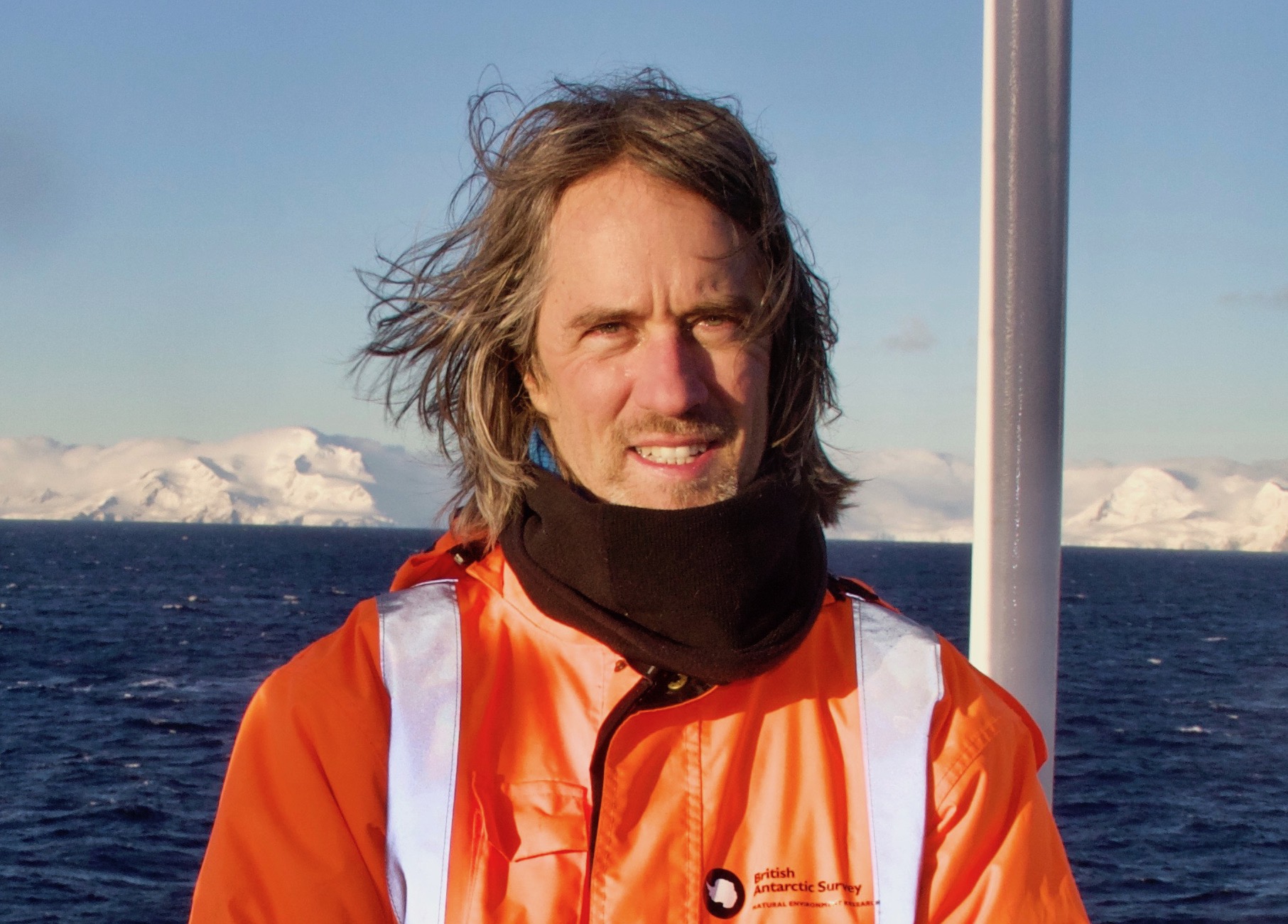Philosophy + Aims
Manifesting the research and development aspirations of ocean science
generally requires trusted collaborations across a suite of expertise.
Furthermore, research questions span borders even if political systems
attempt to ignore this truth. I have participated in a variety of
community efforts and projects with the aim to nurture and foster
collaboration, coordination, education, and communication. At times
these efforts can appear little more than futile attempts to herd
cats. Nevertheless, persistence and patience generally result in
synergies that further the magnitude and scope of research efforts.
GFDL + Princeton
The NOAA Geophysical Fluid
Dynamics Laboratory (GFDL) has been my intellectual home since
1993, nurturing my research acumen and building deep friendships and
trusted collaborations. GFDL is a special place within the universe
of research laboratories, notable for its efforts at addressing the
big problems of atmosphere and ocean science. Founded in 1955, it
remains among the world's most stimulating and impactful earth system
laboratories.
GFDL scientists form the foundation for the Atmospheric and Oceanic Sciences
Program at Princeton University. Being on the AOS faculty,
teaching geophysical fluid mechanics, and mentoring students and
post-docs, have supported my intellectual growth well beyond that
available from research alone.
International CLIVAR
In 1999 I joined the CLIVAR Working Group for Ocean Model Development (WGOMD) and chaired the panel from 2004-2009. Now called the Ocean Model Development Panel (OMDP), it has greatly furthered the science of ocean modeling through efforts to systemetize the experimental design of global simulations and to coordinate their analyses. In 2012 I became an emeritus member, still attending meetings and workshops held every 1-2 years. Furthermore, during 2014-2018 I was on the CLIVAR Scientific Steering Group (SSG), helping to establish CLIVAR's scientific priorities.
SOCCOM
Much of my research since 2012 has focused on mechanics of the Southern Ocean circulation. This work has largely been in collaboration with students and post-docs at Princeton University within the research team of Prof. Jorge Sarmiento. It then led to my becoming a collaborating PI for the SOCCOM project (Southern Ocean Carbon Observations and Modeling), with SOCCOM greatly expanding our capabilities at both observing and modeling the Southern Ocean.
Australia
I first visited Australia in 2004 and have been back many times, spending extended visits to there in 2005 (10 months) and 2011 (five months). These visits have nurtured many trusted collaborations and friendships with scientists such as Prof. Trevor McDougall, Prof. Matthew England, Prof. Andy Hogg, Dr. Simon Marsland, Dr. Paul Spence, Prof. Jan Zika, and many more within their respective teams. These collaborations have in turn led me to be a contributing PI on a variety of projects, including the Consortium for Ocean-Sea Ice Modelling in Australia (COSIMA), and the Centre of Excellence for Extremes (CLEX).
DynOPO
During March-May 2017 I spent eight weeks on the British research ship JC Ross as part of the DynOPO Project. During this cruise we measured mixing processes in the deep Orkney Passage region that separates the Weddell and Scotia Seas, with flow at depth contributing to the Antarctic Bottom Water (AABW) circulation moving northward into the South Atlantic. This cruise was among the spiritual and intellectual highlights of my career, with personal and scientific reflections written in my cruise blog. Also notable for me was the realization that I love being at sea and thus aspire to participate on further cruises.
JAMES
I am passionate about open access science publications as supported by academic societies such as the American Geophysical Union (AGU). I am thus quite proud of my role at the Journal of Advances in Modeling the Earth System (JAMES), serving as editor-in-chief as well as the topic editor in charge of the oceans and cryosphere portfolio. JAMES is an open access journal that aims to extend the science going into and coming from models. I offer in this document (writen while I was an editor at the journal Ocean Modelling) for specific writing points gleaned from being an author, reviewer, and editor.
